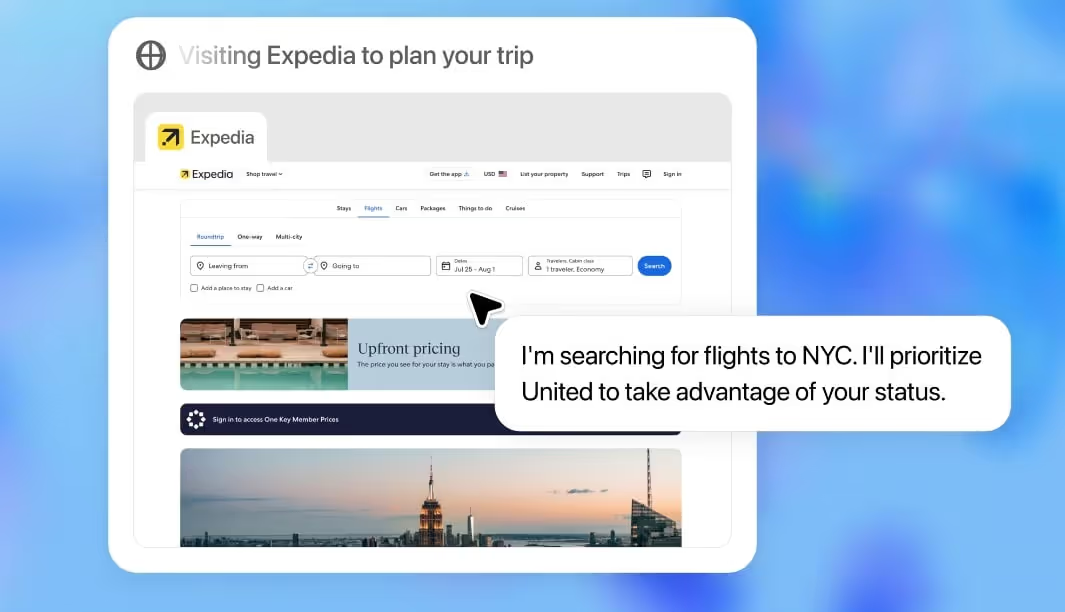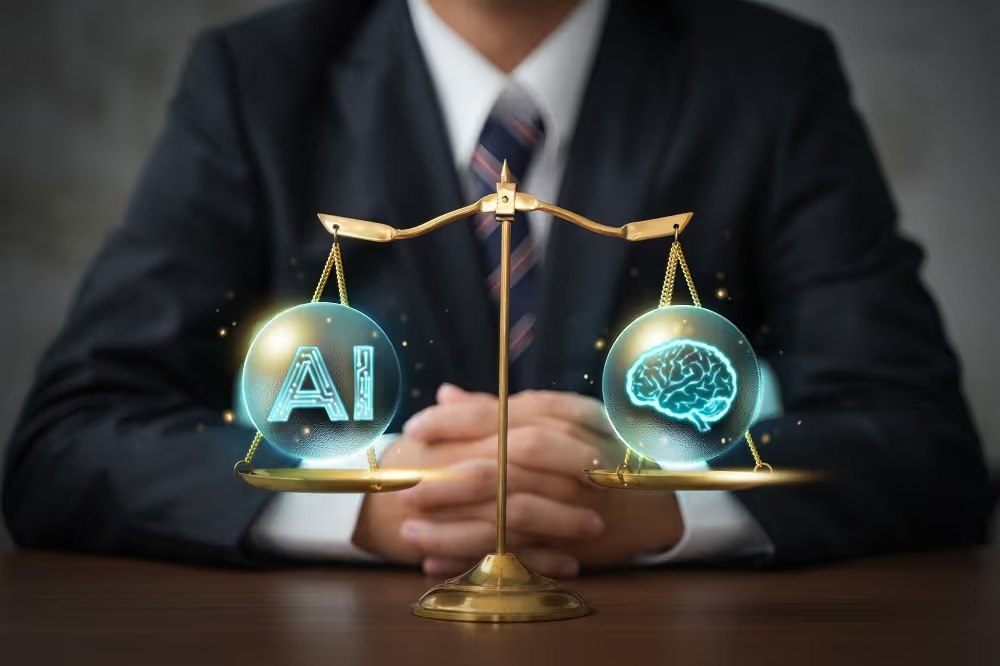
OpenAI Dev Day 2025: Public AI Agents Are Here
At Dev Day 2025, OpenAI introduced groundbreaking updates to AI agents and integrated apps. Most features aren't yet available in the EU, but they offer a clear glimpse into what's coming soon.

Reading time: 4 minutes
OpenAI Dev Day 2025: AI Agents Are Here (But Not Yet in Europe)
OpenAI’s Dev Day on October 6, 2025 didn’t feature a new model release or a revolutionary breakthrough. And yet, this edition might turn out to be the most impactful so far. Why? Because it wasn’t about even more powerful AI — but about how we’ll actually use AI in the near future. Especially how companies can start integrating it into their daily workflows.
Important to note: many of these new features are not yet available within the European Union. Still, it’s essential to keep a close eye on them. These developments offer a clear preview of the AI experience that will likely reach Europe soon.
AI Agents Become Reality
The biggest announcement was the launch of Agent Kit: a toolkit that allows developers to build their own AI agents in just minutes. Think of a digital colleague that can perform tasks, talk to customers, or connect and act on company data — independently.
In the live demo, OpenAI built an agent that answered questions about Dev Day sessions. Built in eight minutes.
What does this mean for you? Think of an AI-powered quote assistant, or an internal helpdesk agent that automatically handles HR queries.
OpenAI offers a visual ‘agent builder’ interface, with support for external data connections, evaluation tools, and built-in optimization.
However, this technology is not new — platforms such as n8n and make.com have already given consumers the ability to build agents.
ChatGPT Apps: From Chatbot to Workspace
Another major update was the introduction of the ChatGPT Apps SDK. This enables developers to build full-featured apps directly inside ChatGPT — with buttons, videos, interactive displays, and crucially: shared context between app and assistant.
Example: you’re watching a Coursera video and ask ChatGPT, “Can you explain what was just said?” Since ChatGPT understands the app context, it can respond directly. Or imagine browsing homes on Funda and asking, “How far is this house from a dog park?” ChatGPT will find out for you.
These apps are not standalone gadgets — they represent a bridge between AI and your existing software. Launch partners include Canva, Booking.com, Figma, and Spotify.
Again, note: these app features are currently only available outside Europe.
Competition or Collaboration?
One of the most common questions: “Did OpenAI just make other agent builders obsolete?” Companies like Zapier and Lindy don’t think so. They argue their strengths lie in broader integrations and ease of use.
And they have a point. OpenAI’s agent builder still mainly targets developers. It’s not a simple drag-and-drop tool — but a powerful starting point for technical teams.
For organizations that want model flexibility or don’t want to commit fully to GPT-based infrastructure, existing alternatives remain relevant.
Practical, Not Magical
One thing stood out clearly: this Dev Day wasn’t about a shiny new model (GPT-6 wasn’t announced), but about practical integration.
And that fits the phase we’re in. The LLM hype has passed — companies now demand real value. AI tools must not only be smart, but useful.
Think: API upgrades, improved traceability, lightweight models like GPT Realtime Mini, and real-time evaluation of agent decisions.
Europe: Not Yet, But Soon?
Many of the features OpenAI announced — the Apps SDK, real-time video assistance, deeper integrations — are still unavailable in the EU. One reason is regulation, including the EU AI Act, which emphasizes transparency, ethics, and risk control.
Still, that’s no reason to wait. In fact, the fact that these tools are already being tested elsewhere offers a real opportunity:
We can learn, prepare, and adopt faster when the European infrastructure catches up.
What Can You Do Today?
Even without access to the newest features, there are things you can do right now:
- Use existing GPTs to generate proposals, reports, or social content
- Try AI as a sparring partner for strategy or customer insight
- Explore automation via tools like Notion or Zapier with GPT integrations
- Stay up to date on regulations like the AI Act, and make sure your systems stay compliant
Conclusion: AI Moves Into Context
What Dev Day 2025 shows us is that AI is shifting from a smart tool to a contextual assistant. It’s no longer about isolated answers, but deep integration. Not about gimmicks, but about becoming part of the core of your workflow.
Although many features are not yet available in Europe, now is the time to explore, test, and prepare. So you’re ready when these capabilities arrive.
Ready for the Next Step?
Want to discover how AI agents could boost your business processes? Or curious how AI-powered apps could enrich your customer experience?
👉 Visit our website and explore what AI could soon mean for your organization.


